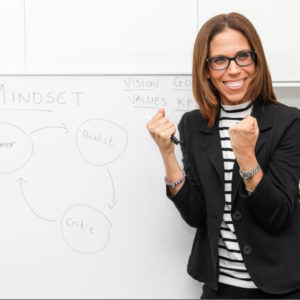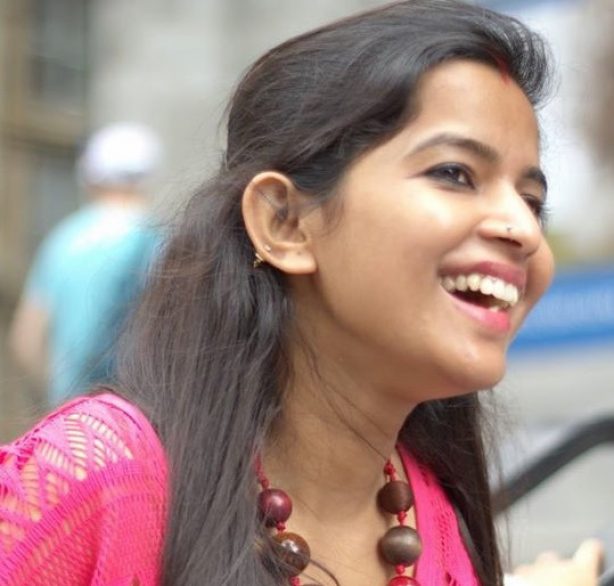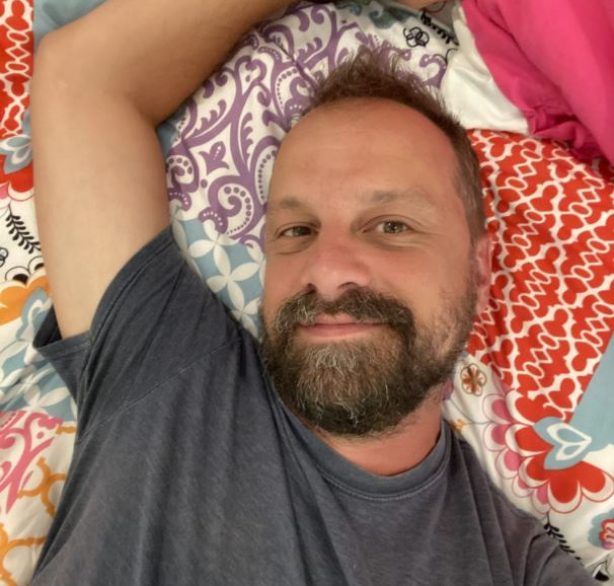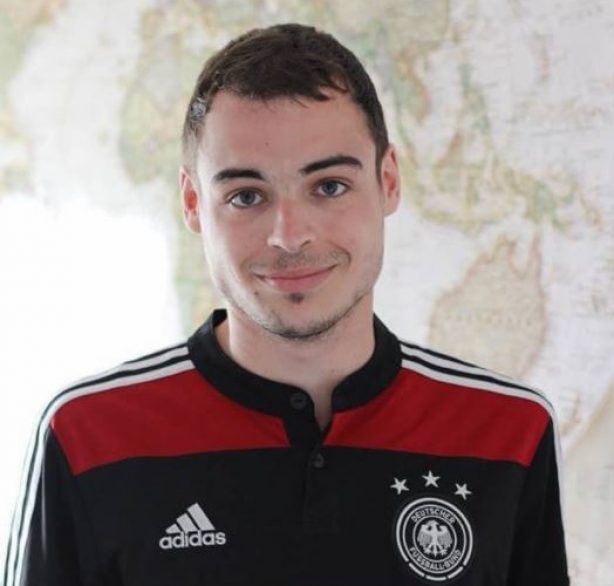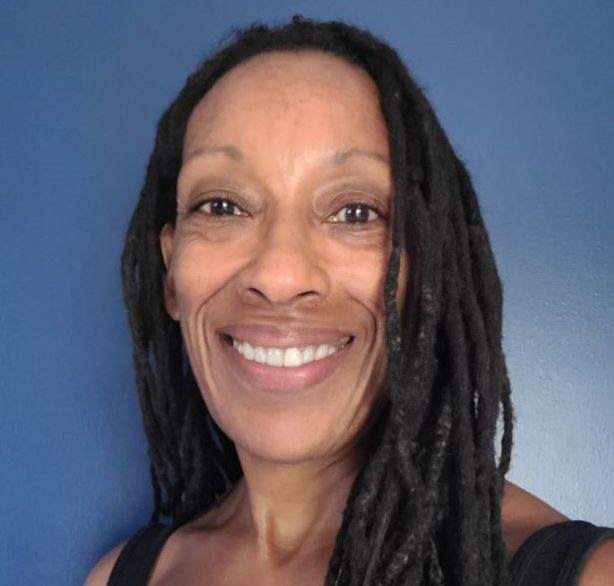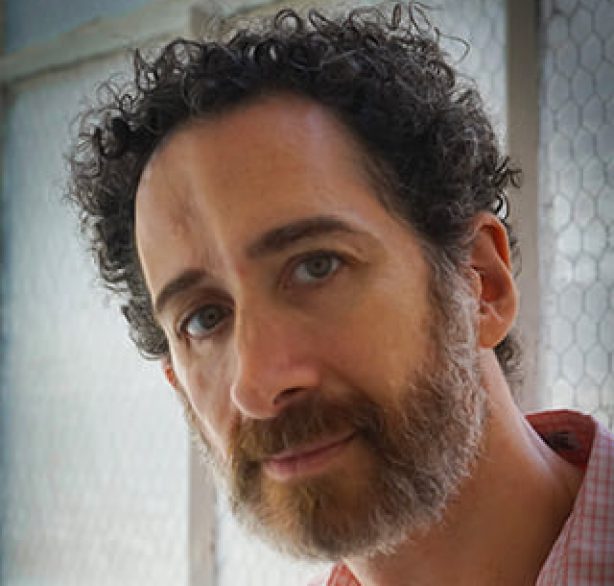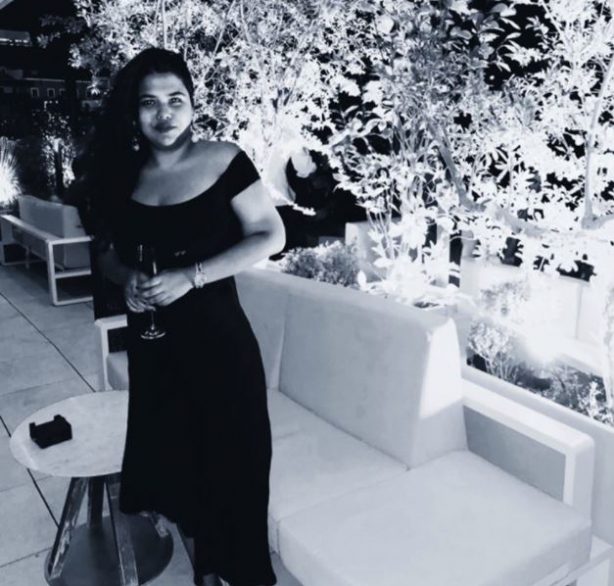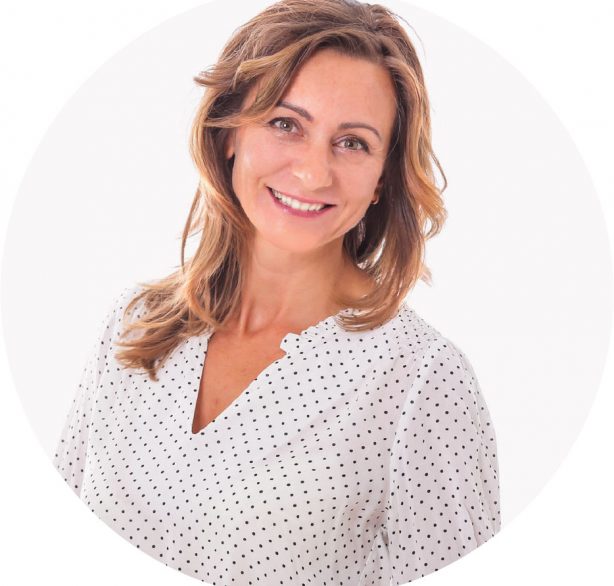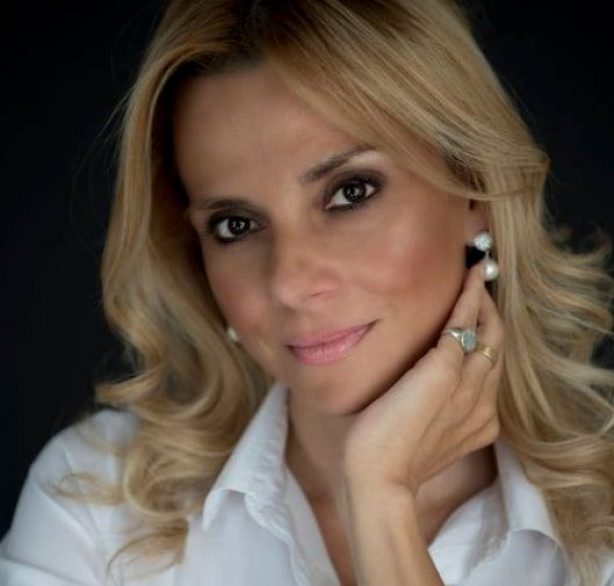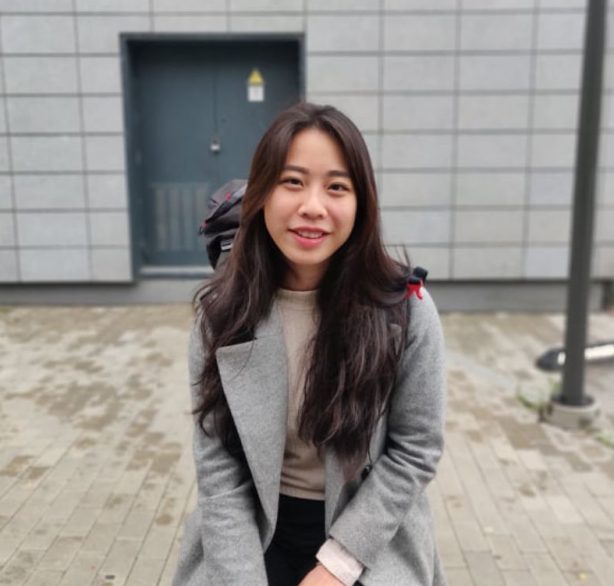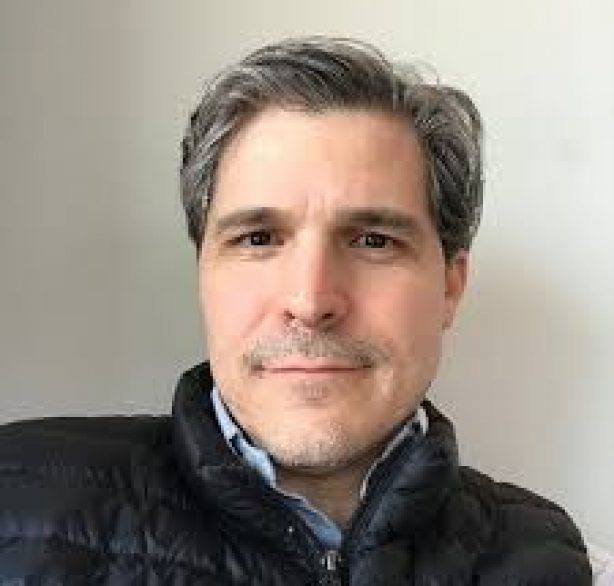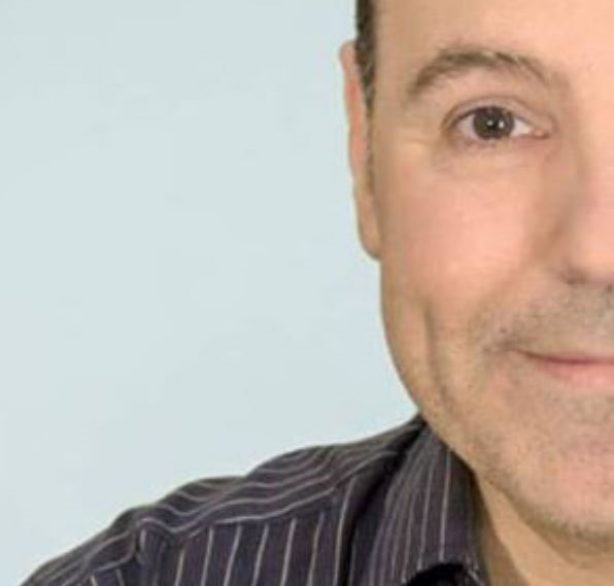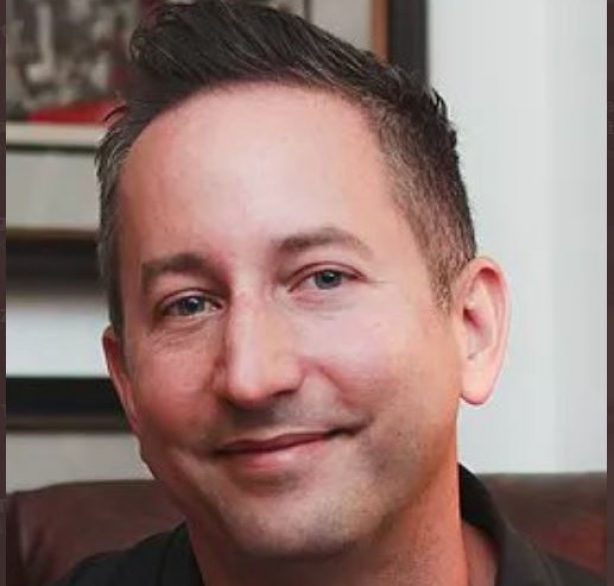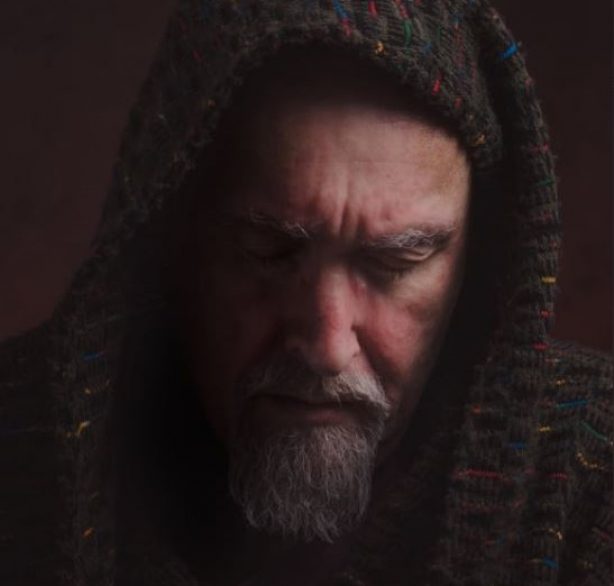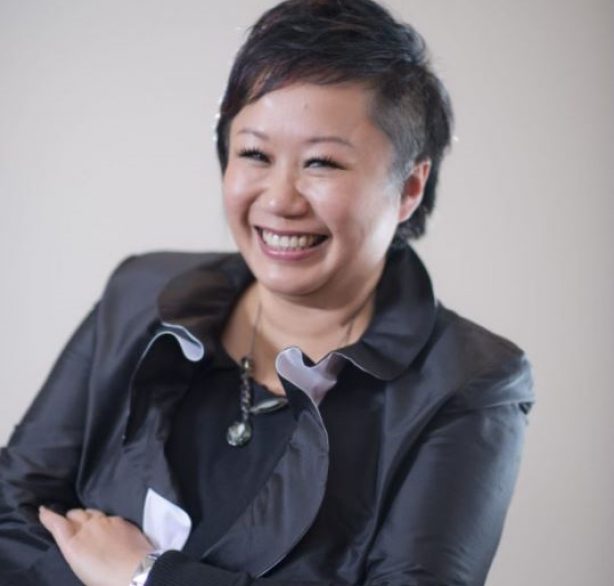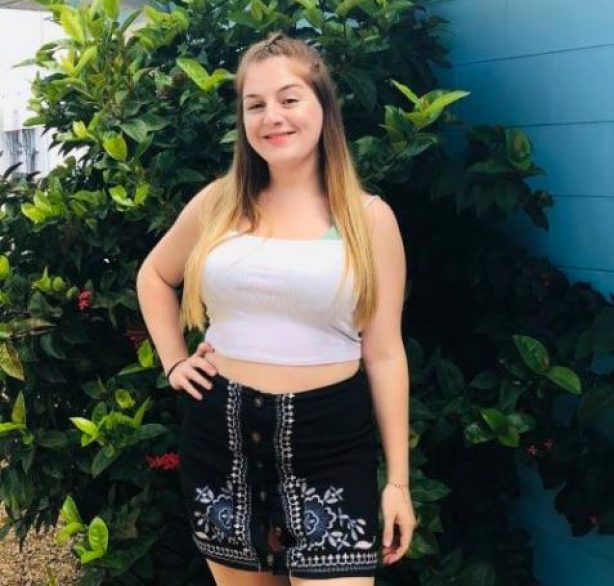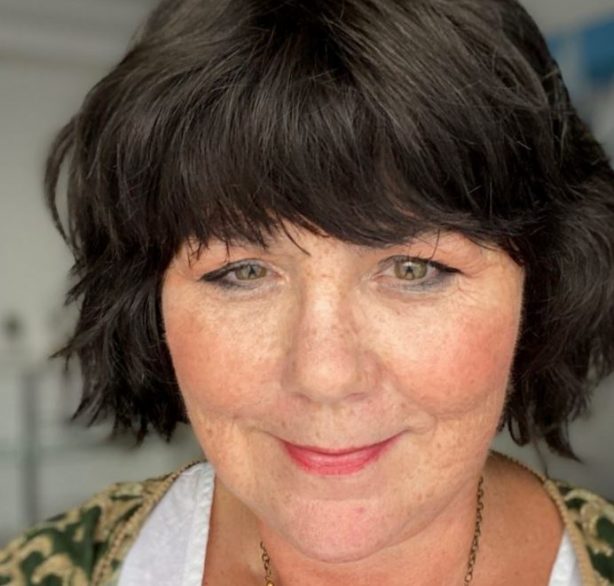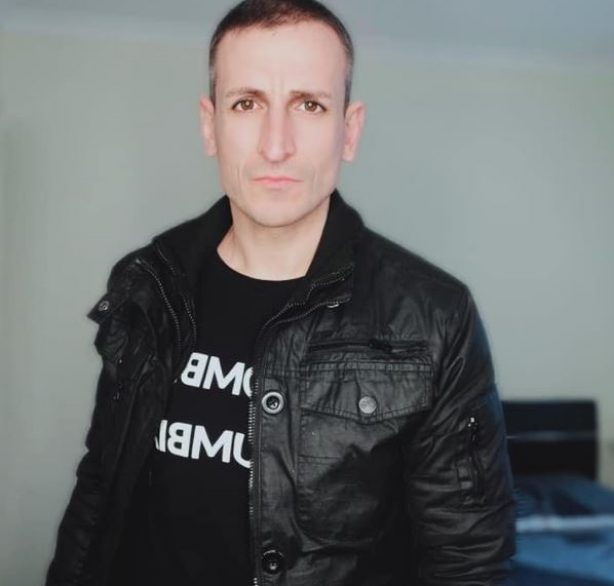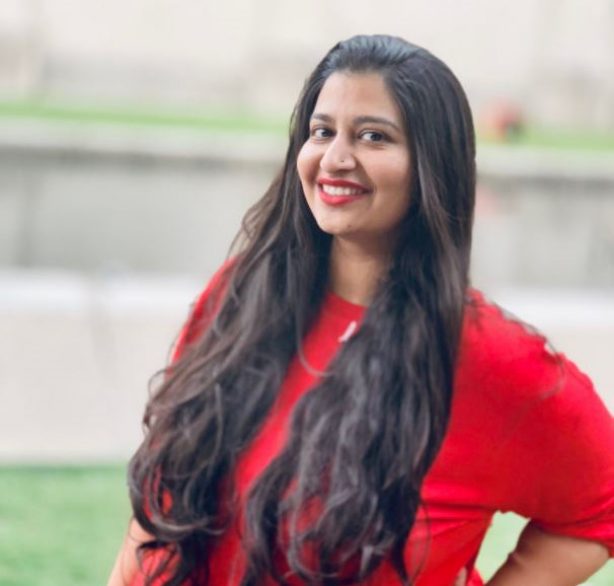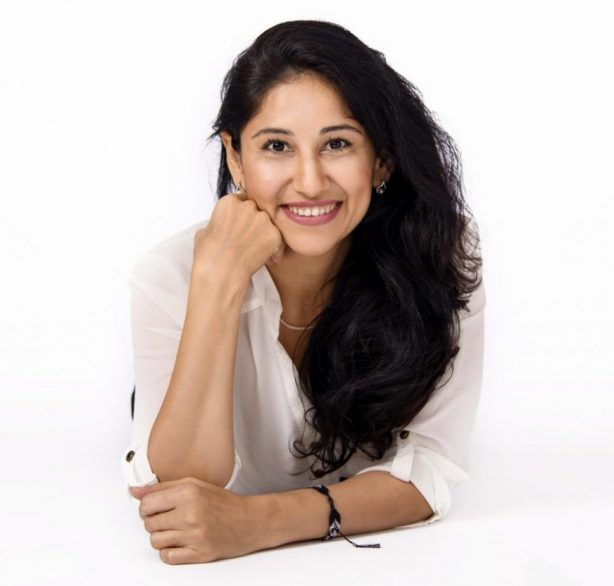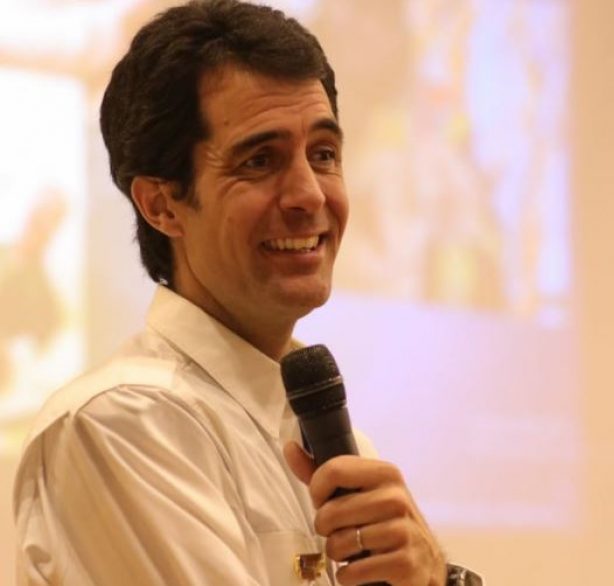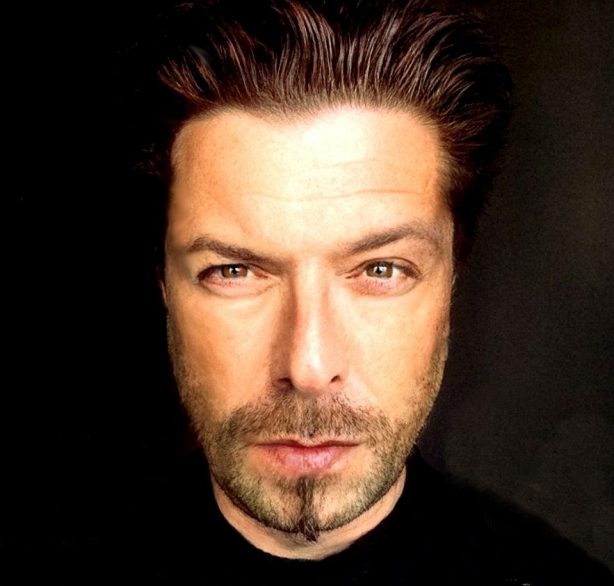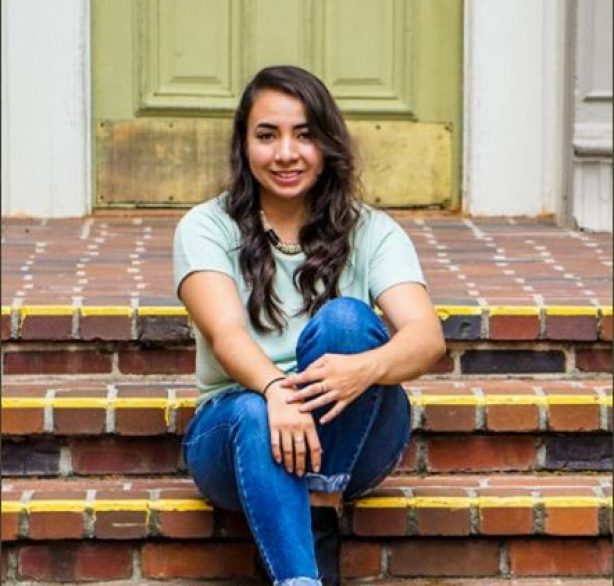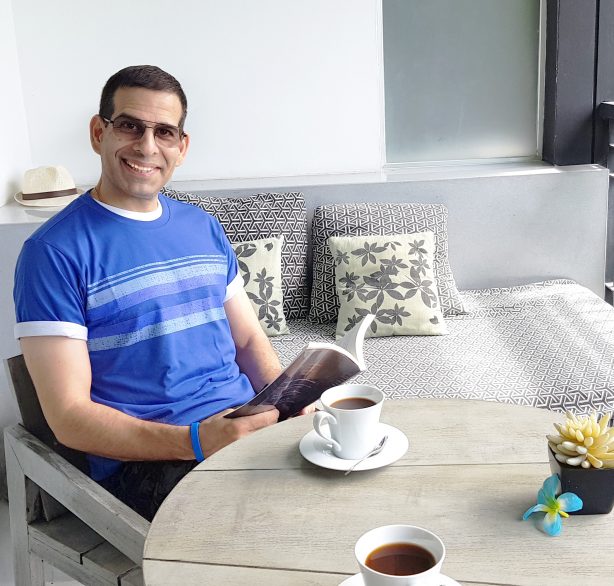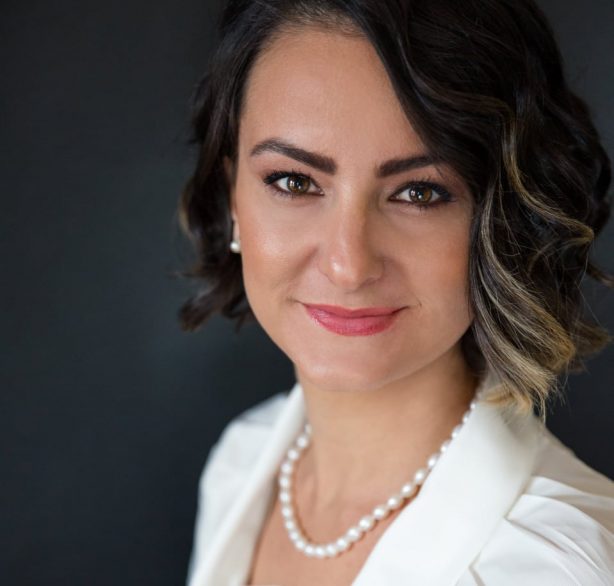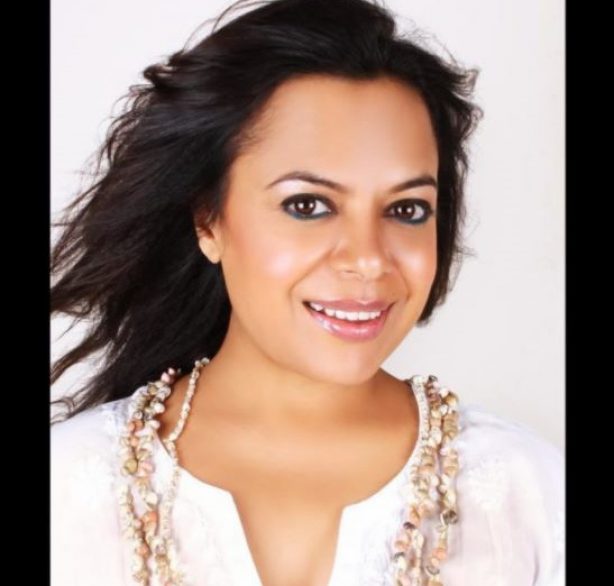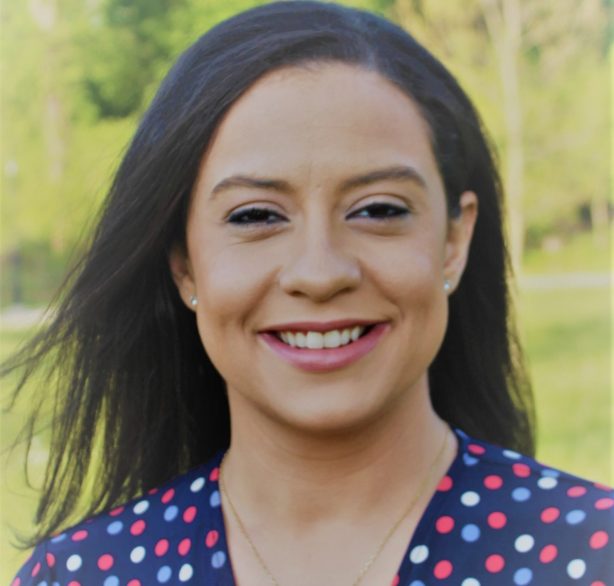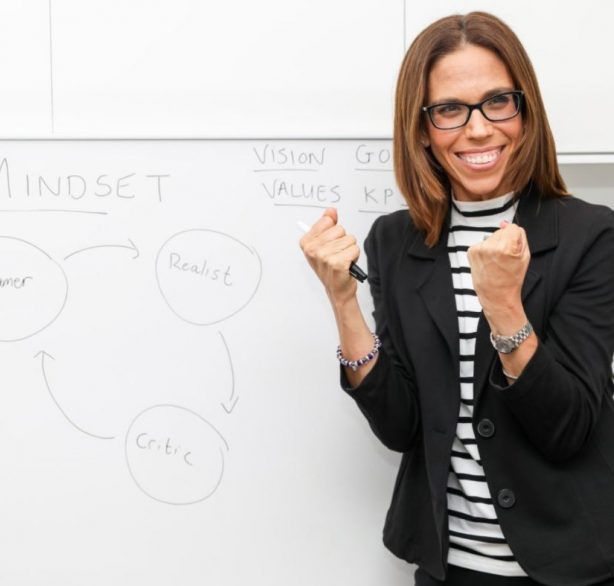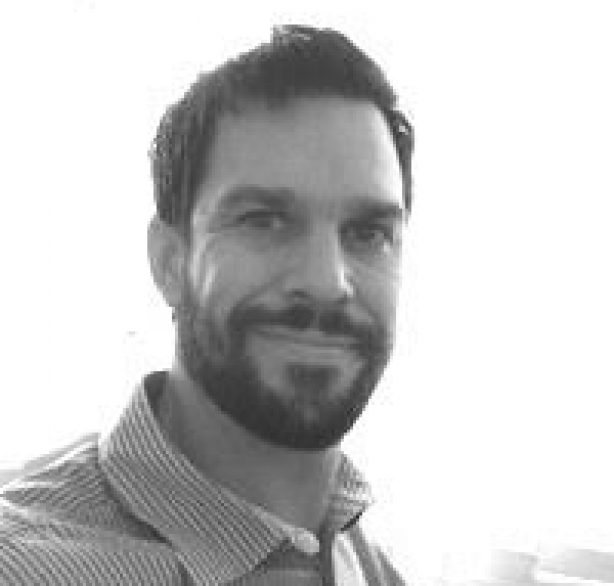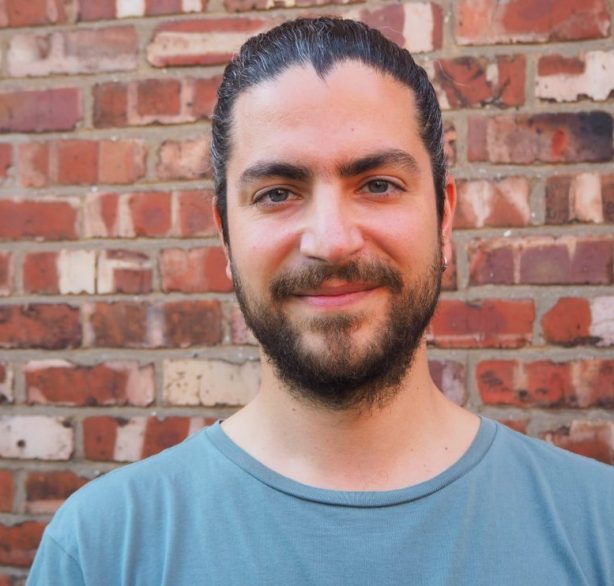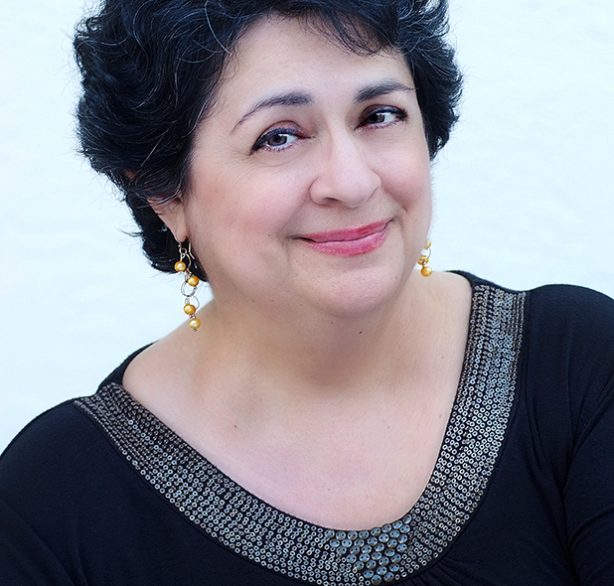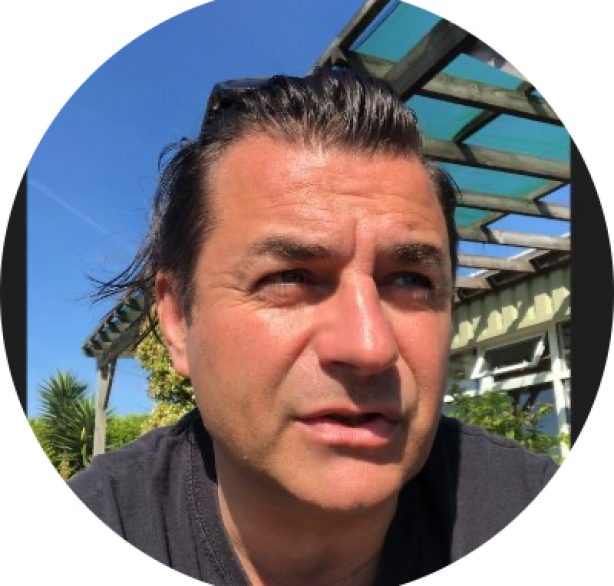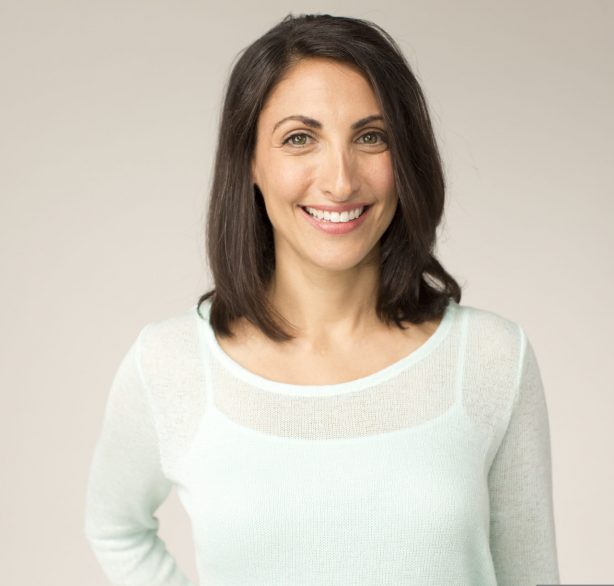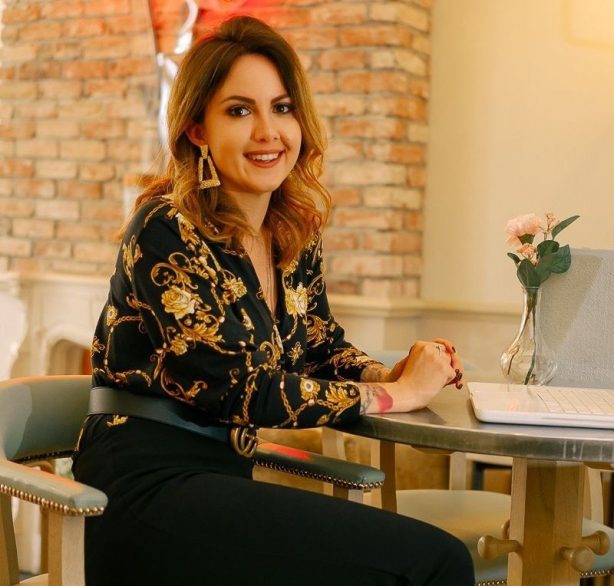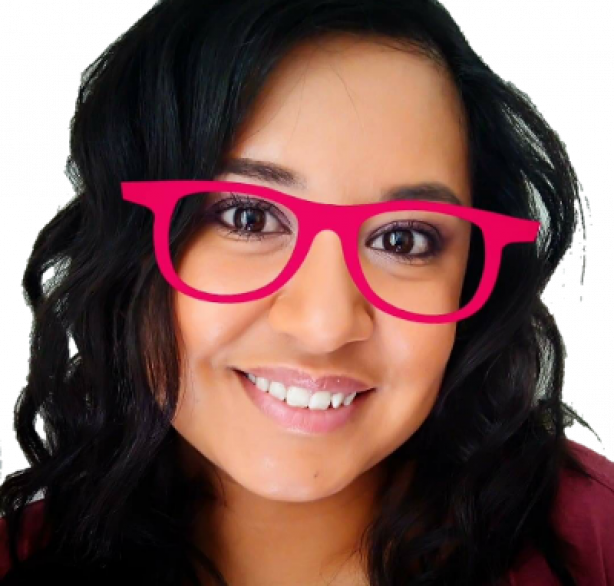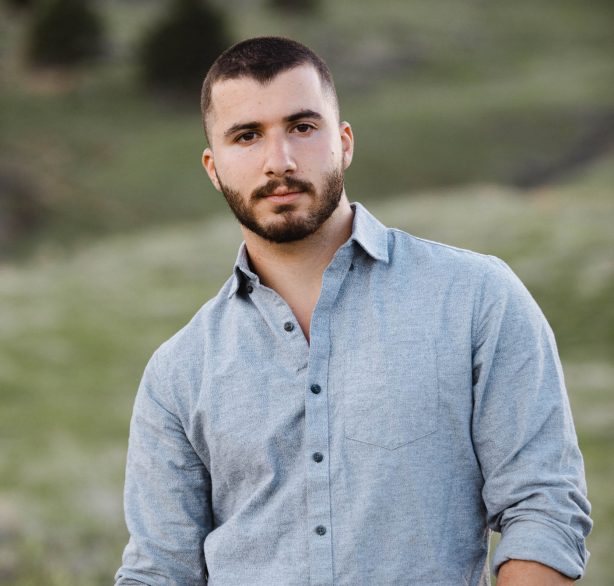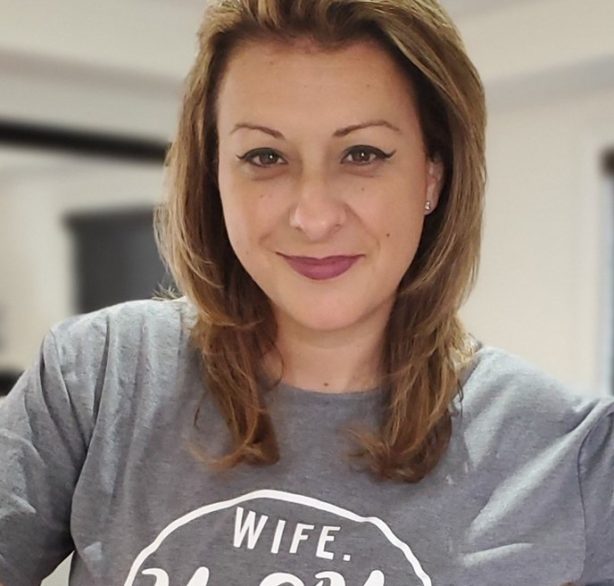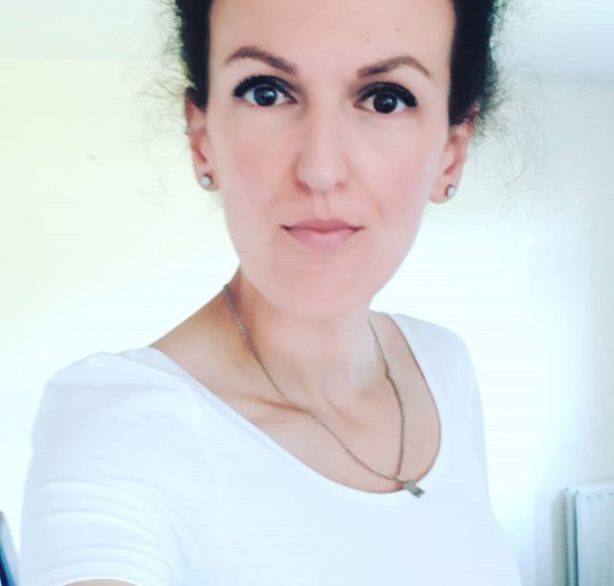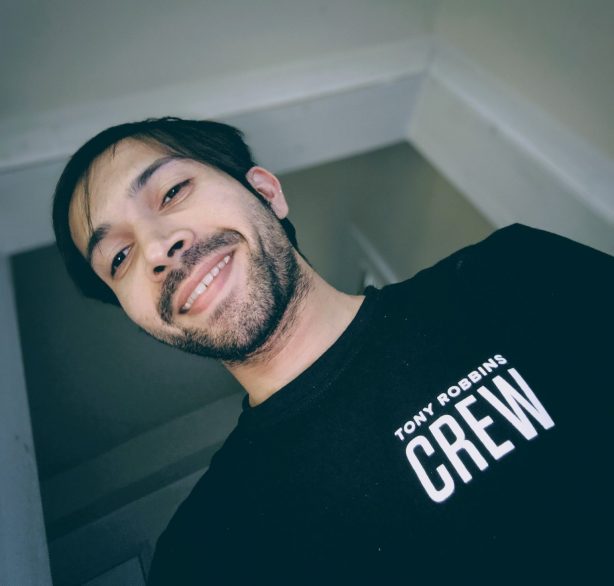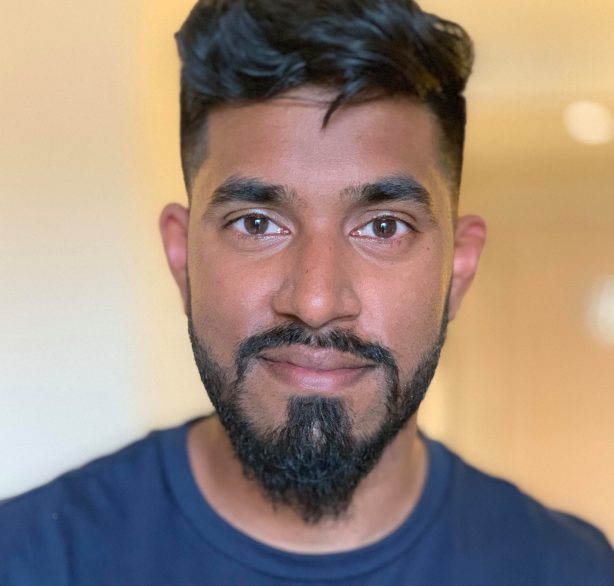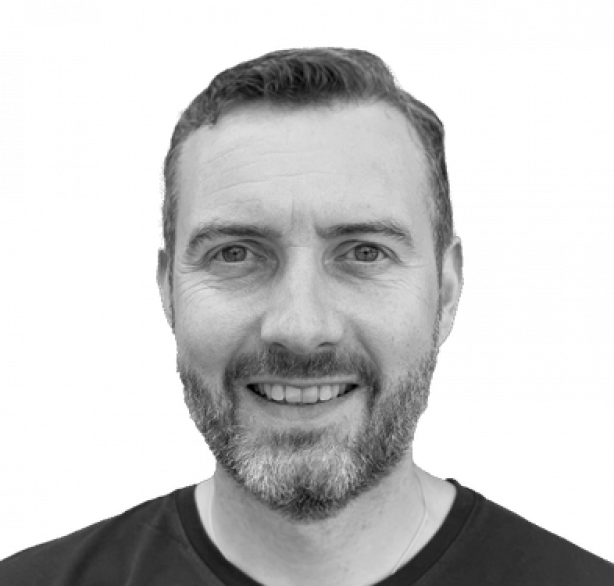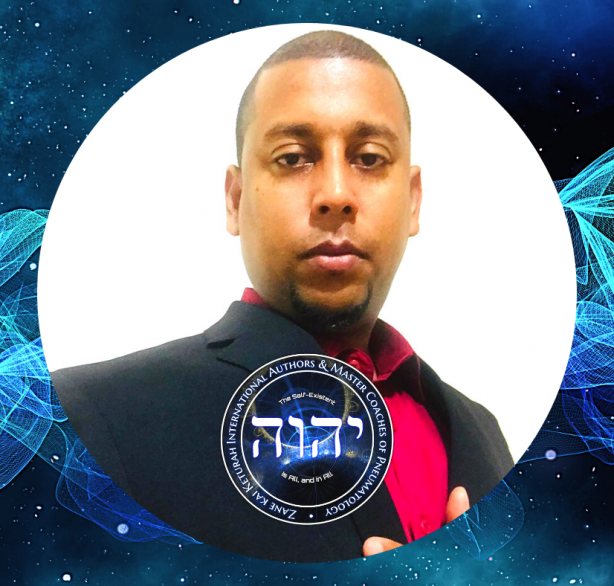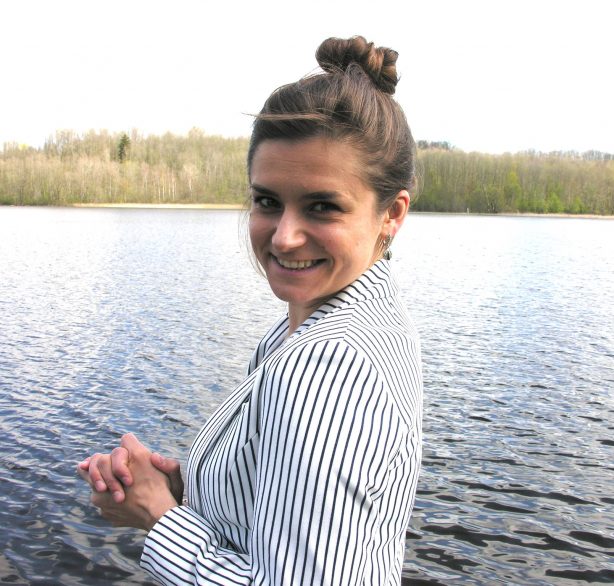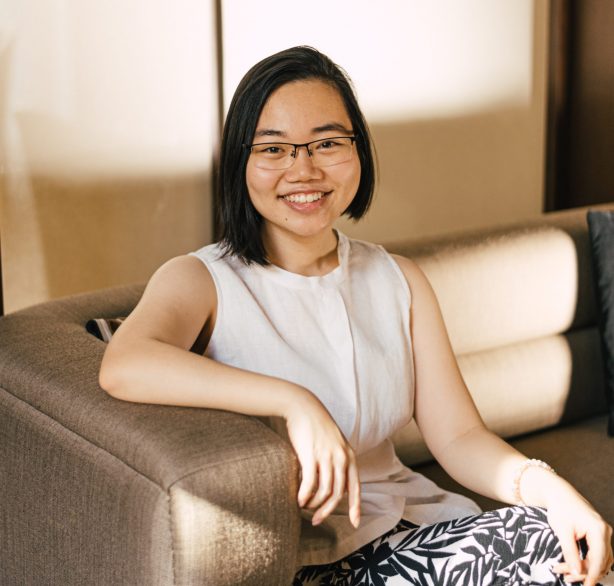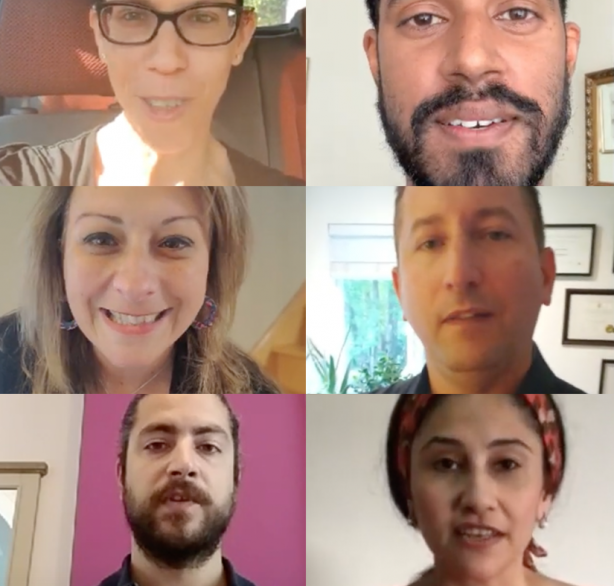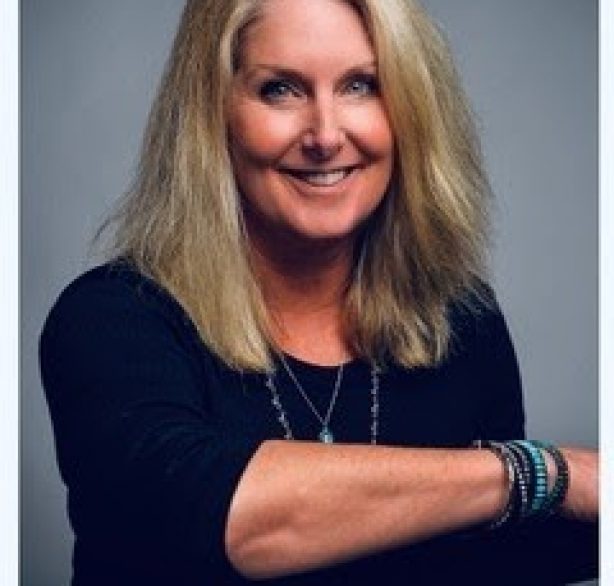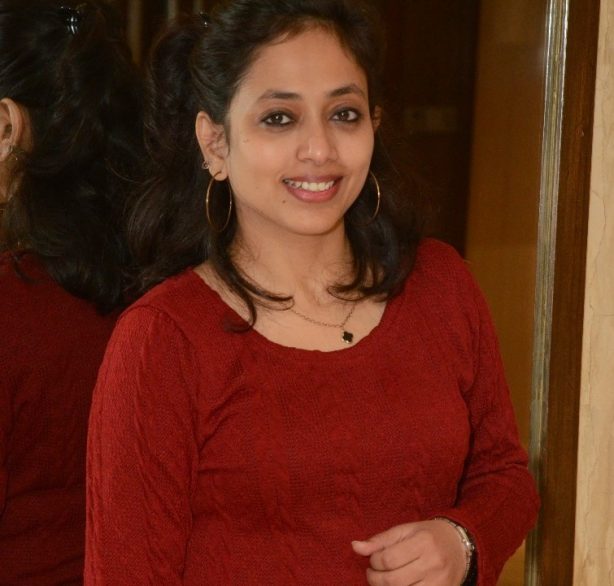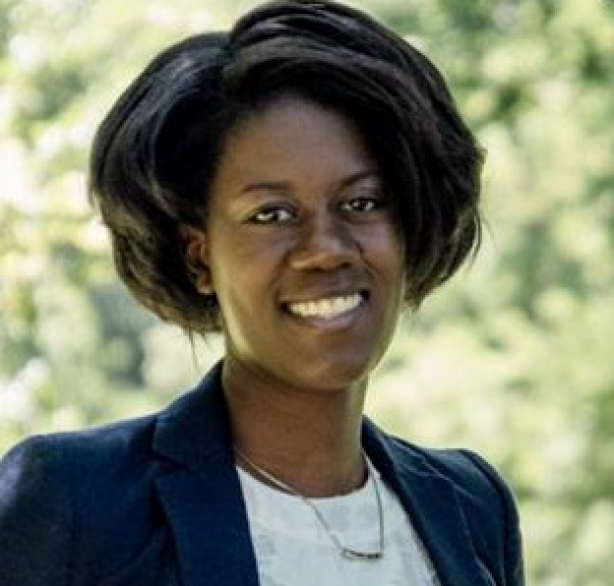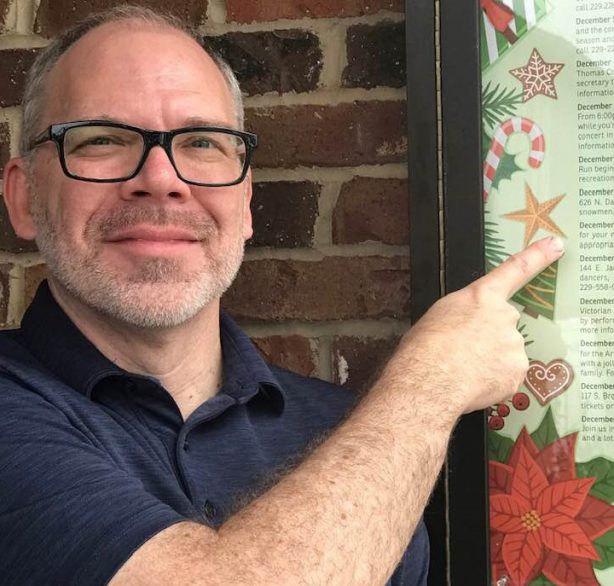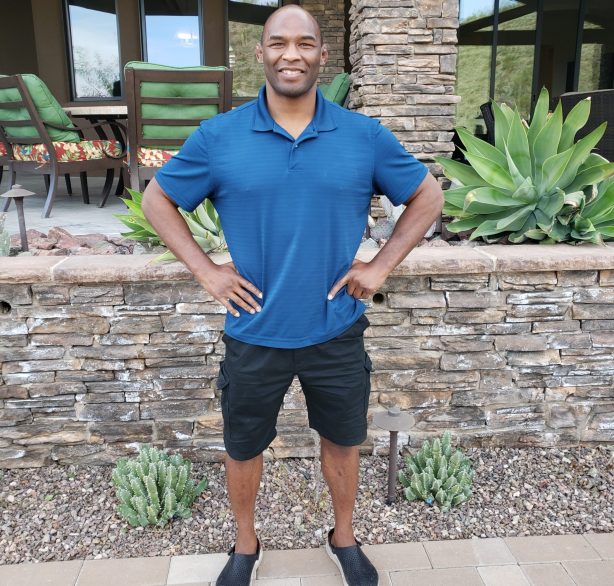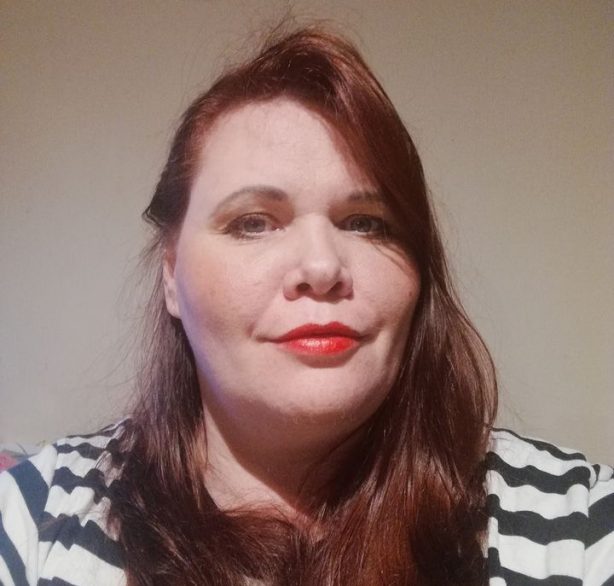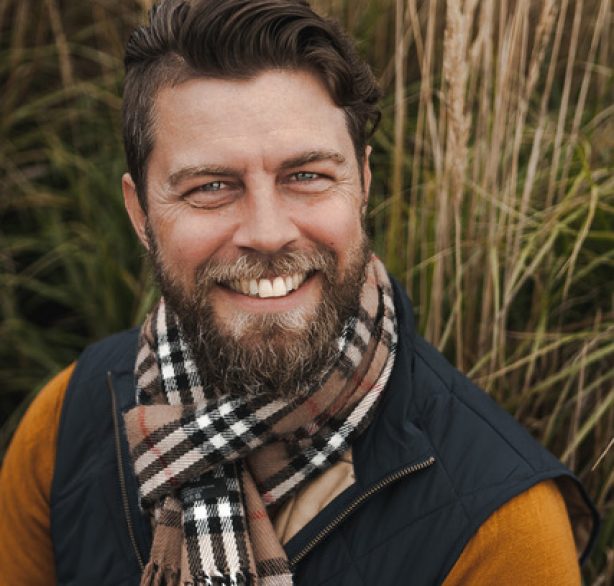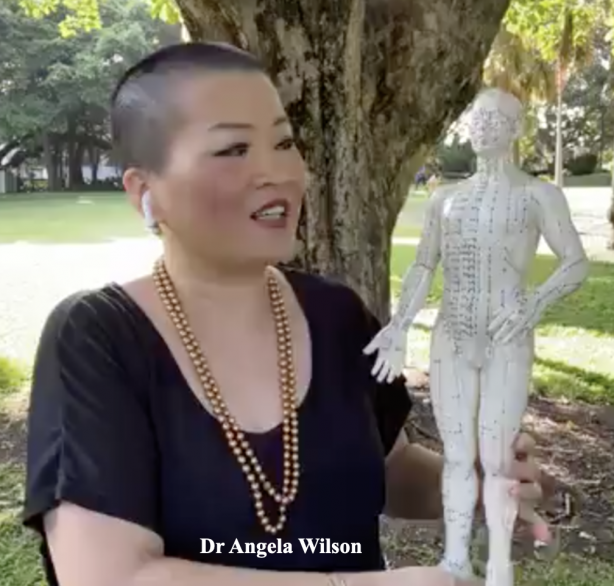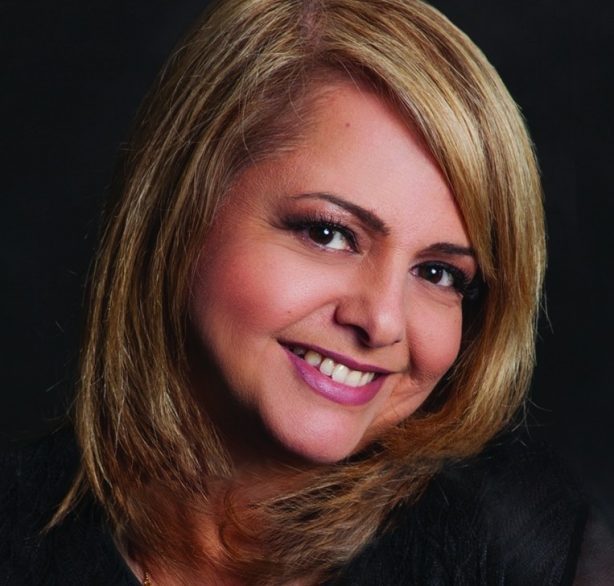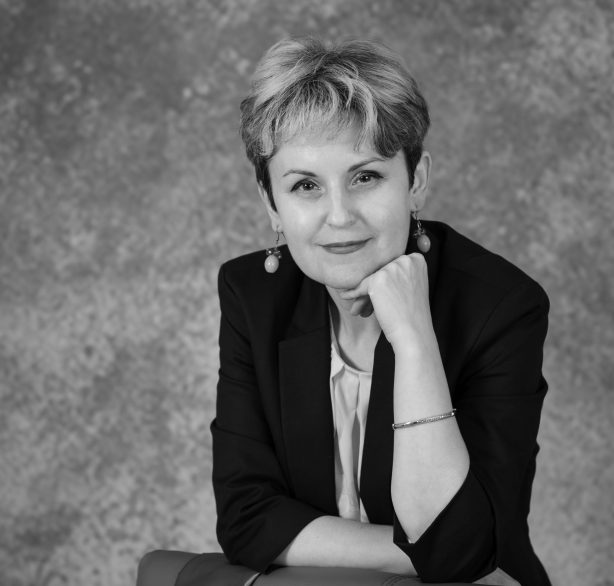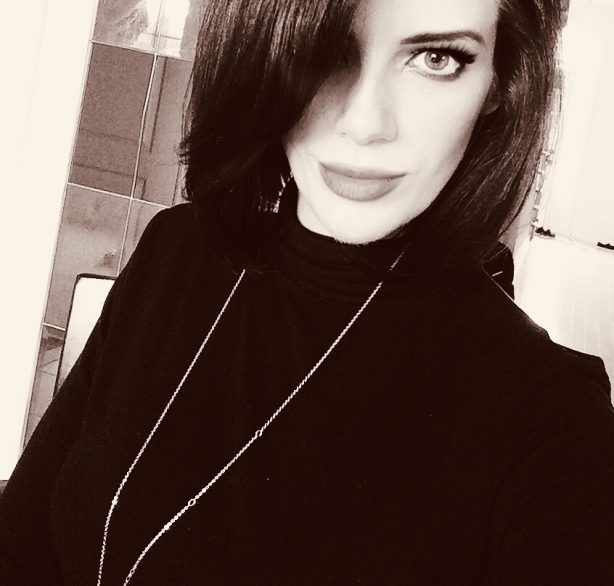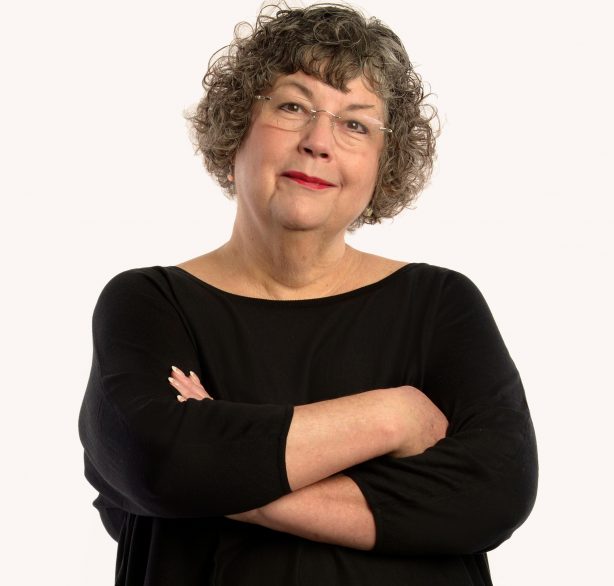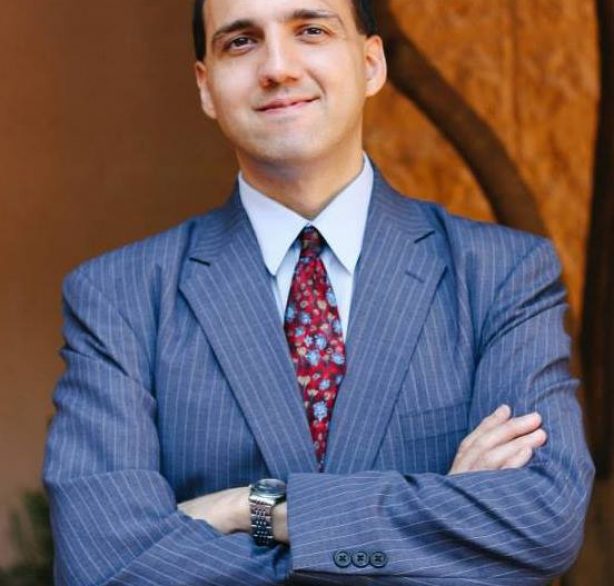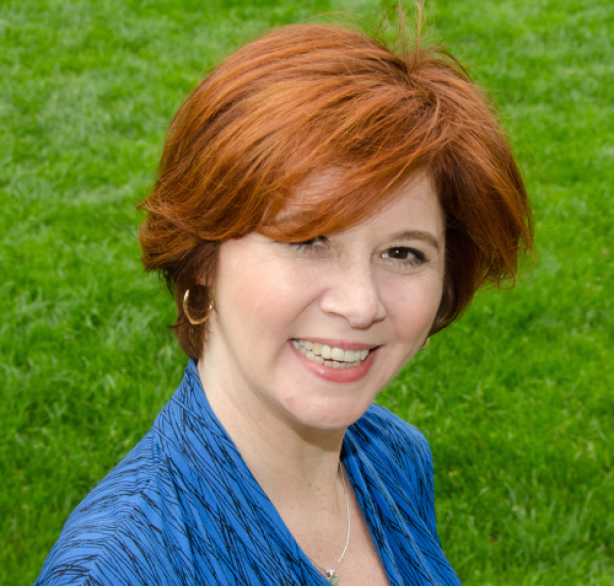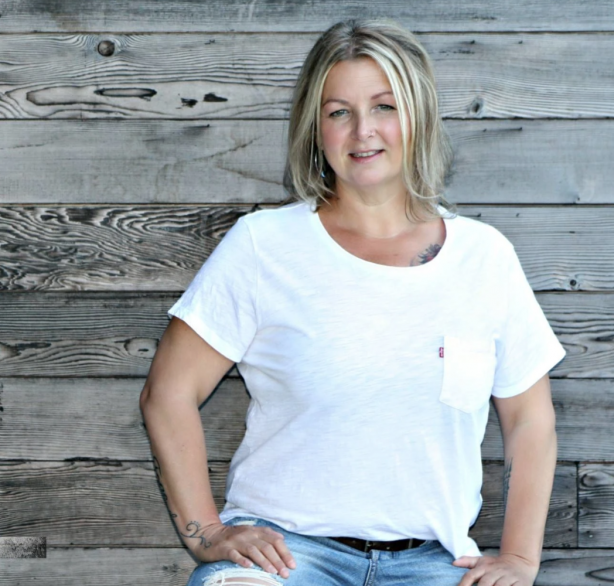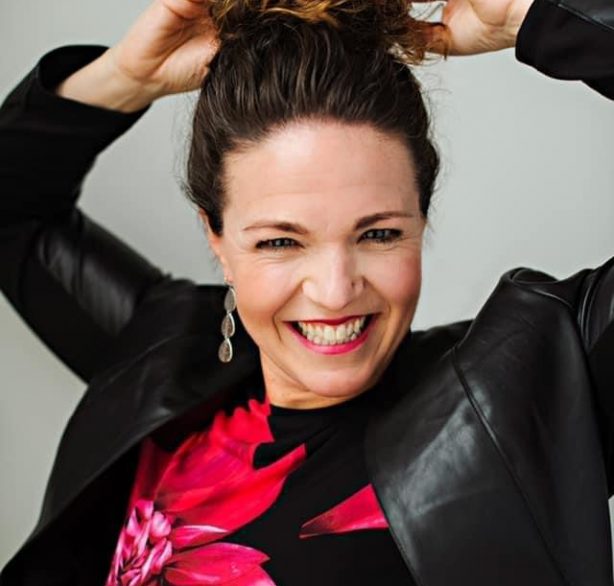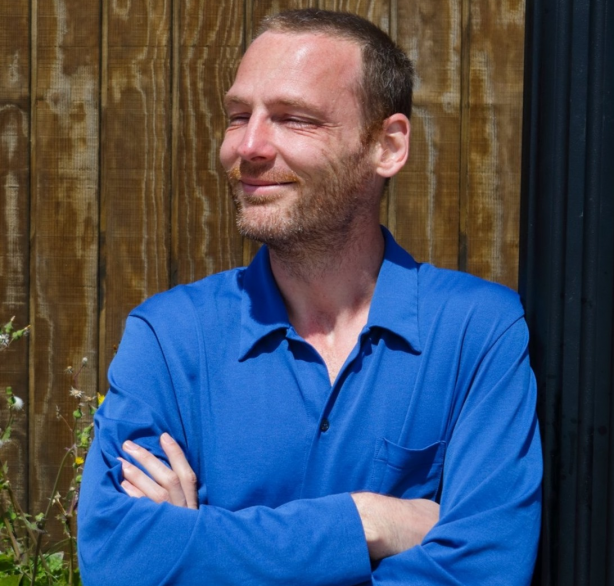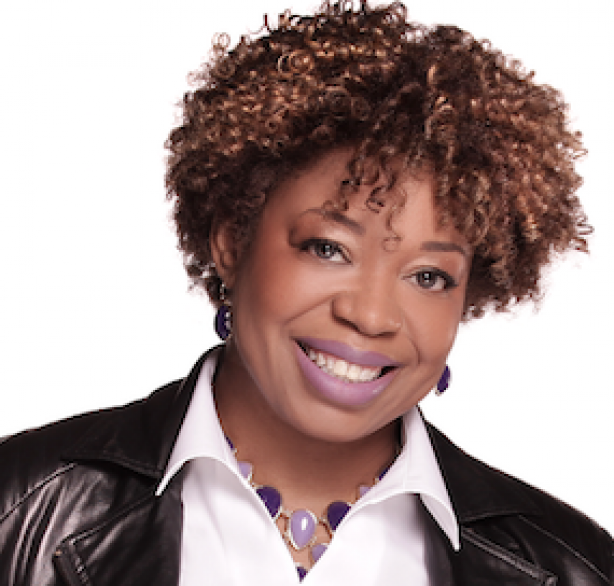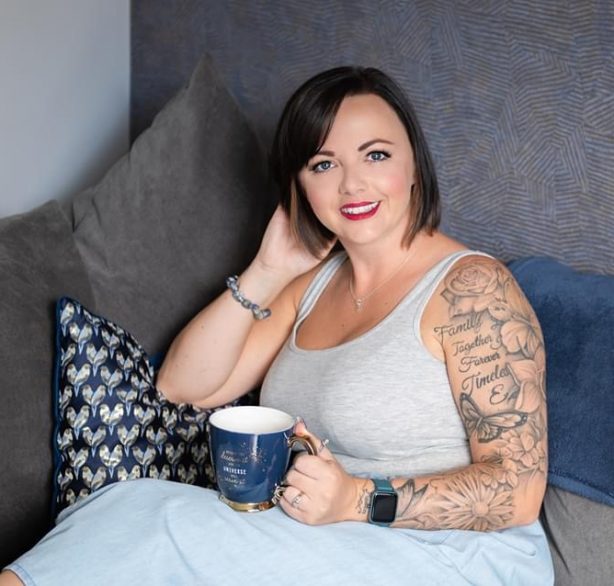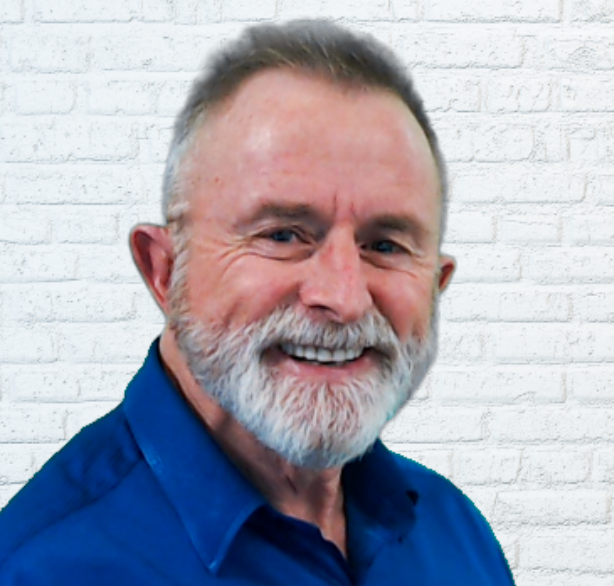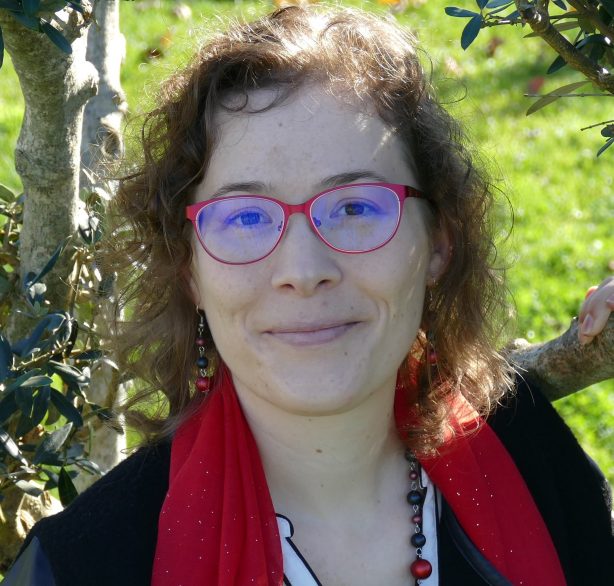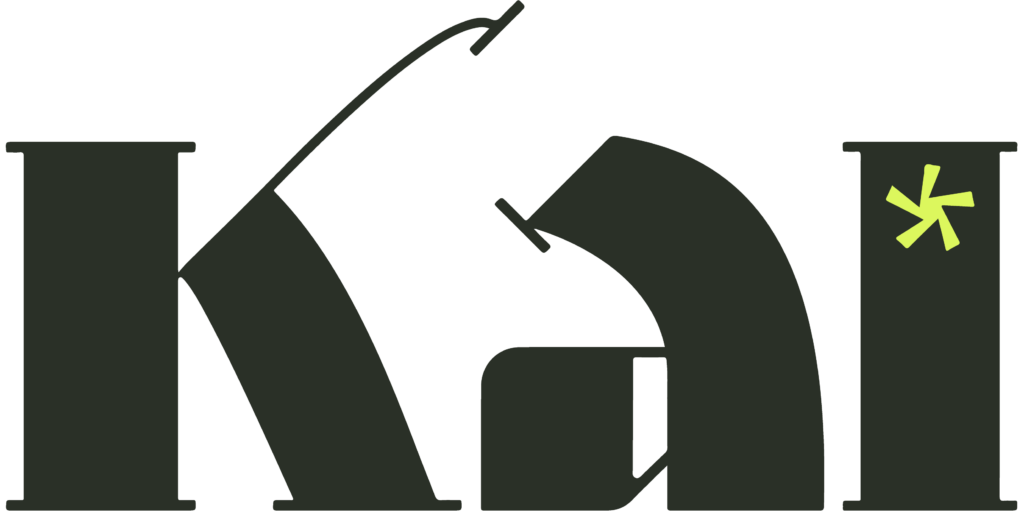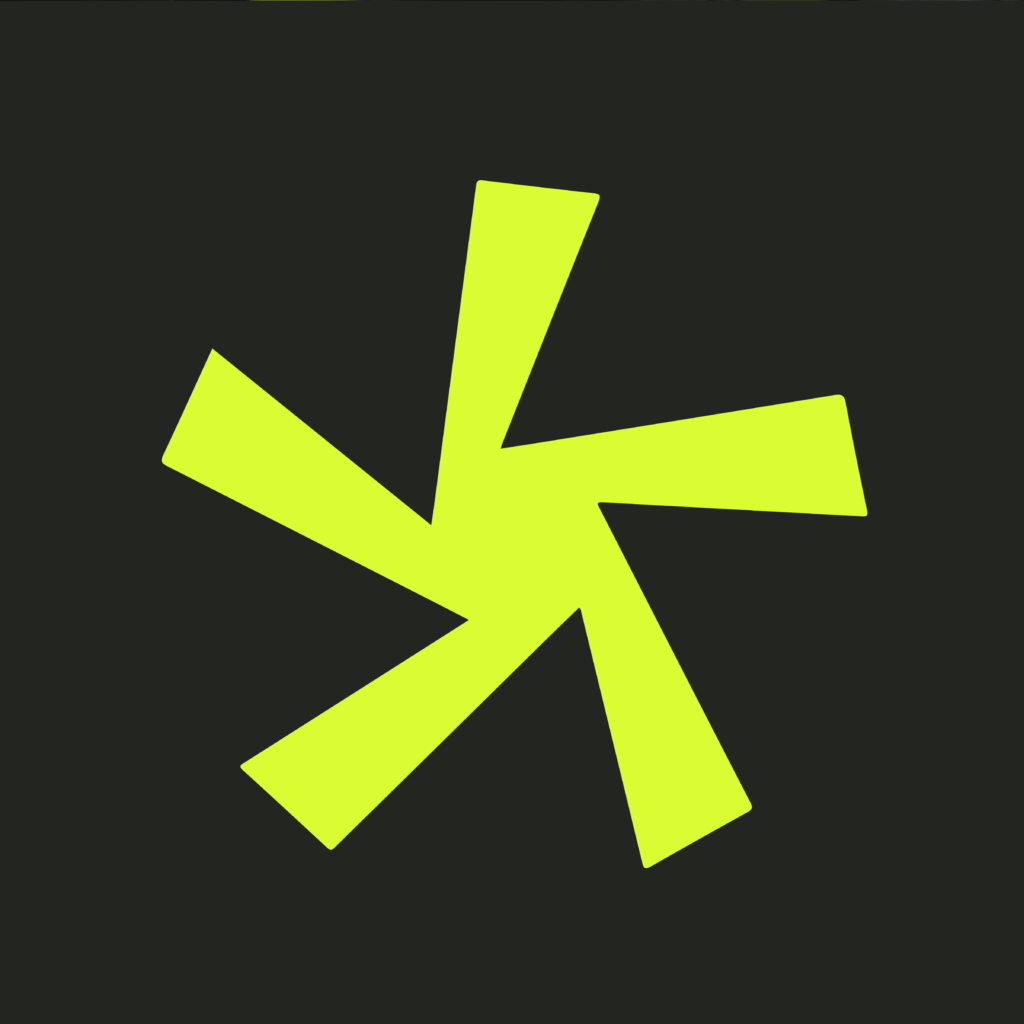Watch the full and inspiring interview with Andi
If you prefer reading, here is the transcribed interview
Ziv: Hey, Andi. Welcome to our Kai interview. How are you?
Andi: Hi, Ziv. It’s great to be here. Thank you for inviting me.
Ziv: My pleasure. My pleasure. Let’s start by you can just tell us about yourself in a few words.
Andi: Ok, so I’m in (unintelligible) from South Africa.
I was born and raised in South Africa and I live in Ra’anana.
I’m now in Israel. I’m married with three children. I have an almost 16 year old, a 14 year old and a 10 year old. And I work as a coach, as a personal development coach. I work with leaders, teams, individuals, and my passion is all things personal development.
Ziv: So personal development, development, it’s such a big word. Simplify it.
Andi: Well, I think development is, it’s a verb. It’s not just a noun. And so as human beings, we’re always striving for more. We all have aspirational visions of things that we want to do and things that we want to be and have and we’re wired to grow, which means that we are goal orientated innately as human beings.
And my passion is helping people on that journey, on that path, giving people the tools, the framework, the motivation, the support, and, of course, the practical techniques of how to really thrive through change and leverage change so that their transformation is meaningful and effective and long lasting in terms of sustainable, so that they become the very best that they want to be.
Ziv: I would love to hear soon about the practical tools. It sounds really interesting, but before that you said that we all aspire for more and in a way it’s part of our suffering. Right? The more we aspire for more the more we want more and more. So how come to want more development is not part of the problem and it’s part of the solution.
Andi: Well, I think there’s this balance that we strive for between being grateful and appreciative of where we are, living in the present moment, really recognizing where we are, what we’ve got, what our strengths are, and then using that to achieve more, make a difference, impact others, change the world for good.
So I think there’s this beautiful balance of having that focus and knowing where we want to go, but also being able to appreciate where we are, how far we’ve come, and to leverage all of that so that that appreciates. So we’re not focusing on where we’re lacking or what’s not working or what’s missing in our life. We actually striving for more from a place of personal power, of really connecting to values and strengths.
Ziv: Interesting. So we’re not focusing on what is lacking, but about how we what.?
Andi: What we’ve got, you can’t get what you want without using what you’ve got, so it’s really about also recognizing and being aware of who you are and what you’ve got and then developing on that.
Ziv: And how do we do it? You talked about the practical, you promised practical tools.
Andi: There’s loads of ways and there’s loads of different techniques.
I personally, in my practice, I use a blend of psychology, organizational communications, practical coaching and a lot of neurolinguistics programming and NLP, which is often using techniques to work with limiting beliefs and the subconscious mind, which often holds us back and keeps us stuck.
Ziv: Ok, so can you give us a do-it-yourself exercise, which maybe I can do at home and feel or taste how this change can come to my life. How can I appreciate more what they have and to grow from there.
Andi: Wow. Well, there’s loads of different techniques that you could play with. A lot of the NLP, for example, comes from recognizing the narrative, recognizing how you actually speak to yourself and recognizing which of your thoughts are helpful and which of your thoughts are unhelpful.
So often we have goals that we want to achieve and we even have the resources that we need in order to achieve the goals. So we’ve got a clear vision, we’ve got the resources, and we may even have designed a pretty good strategic action plan. But what often gets in the way is ourselves.
We've got these limiting beliefs and sabotaging thoughts that we're not good enough or it's too hard or it won't work or we can't do it. Share on XAnd being able to recognize those thoughts and that in a dialogue and then being able to reframe those thoughts and actively choose to bring that into our conscious awareness and replace those thoughts with more helpful thoughts is a very powerful and technique to help us move through change. So the first thing would be to just become aware of those thoughts in the first place, because a lot of them are below our awareness.
We aren’t even aware that we are thinking them so to really pay attention and to notice what we thinking when we were about to make change or take a step forward towards a meaningful goal, a lot of fear comes up, a lot of doubt, uncertainty, sometimes excuses, but to be aware of what are those thoughts and then use some of the techniques in order to change those thoughts. So, it’s I strongly advise people working with someone qualified to do this.
But a lot of these techniques revolve around reframing the thoughts, so really challenging its validity because a lot of learning and development is actually also unlearning assumptions that are no longer helpful. So challenging a thought in terms of is it really true? Is it accurate? Is it an indisputable fact?
And usually we will realize that it’s not providing really reliable evidence to contradict that unhelpful thought. That’s a really useful one as well, because we like to believe some real, credible, tangible facts playing with our zoon in terms of our frame of reference.
So often we’ll make a judgment. You know, if you take the global pandemic at the moment, a lot of people are judging themselves around how they are handling the situation. And they’ll be you know, I’m really not handling this so well. And if you play with a zoom and you had to ask them based on what? What is your frame of reference? When were you lost in a global pandemic that you haven’t got a reliable frame of reference?
And just that bit of humor or exaggeration is really useful in terms of destabilizing unhelpful judgments, providing contradictory evidence that is helpful is so useful. Working on metaphors in terms of likening our thinking to stories or metaphors that we can relate to. There’s so many tools and techniques that one can literally put in place that help us change and upgrade and reframe these thoughts in real time so that we can keep on moving and making progress.
Ziv: So it’s very interesting when you say that for that reason or another, I don’t think we’ll have time to delve into it. We developed all kinds of thoughts that are not useful for us, that are harmful in a way that-
Andi: Just to clarify that when we did originally develop how unhelpful thoughts they did once served us, that’s why they they’re so we may have told ourselves we’re not very funny because when we were much younger, we didn’t want to deliver a speech in front of the whole class.
And so we told ourselves we weren’t funny and observed us. That protected us. But what was helpful then is no longer helpful now. Now it’s a hindrance. Now it’s holding us back. So it did serve us, but it’s no longer relevant. And that’s why now we have to upgrade our thinking. So mindset is really what I mainly do with my clients.
Ziv: So it was relevant at some point, and now it’s not only irrelevant, it hurts us in a way.
Andi: Yeah, it holds us back.
Ziv: You help with tools and techniques that helps us to first be aware of it and then to discover that it’s not good for us and to get rid of all of those.
Andi: Or replace. It’s more about replacing it with a much more empowering, positive and helpful thought instead. And with repetition that creates a new neural pathway which ultimately over time and mental rehearsaling and practicing will actually become our helpful way of thinking.
Ziv: Wonderful. So we are like replacing, reframing, even reprogramming the way that we perceive it. And what do you do to, what kind of practices you do daily to keep your mental flexibility, your healthy thoughts?
Andi: It’s an ongoing journey.
We're never done. We're always learning. Share on XI really do try to stick to very disciplined habits that I found are really helpful for me. So I love to run. So I try run or do a workout, one or the other every single day. I practice a lot of mindfulness in terms of either a meditation or deep breathing and some silence every single morning just to center myself and start my day.
I connect to my vision on a daily basis. So I do spend time every single day really connecting to the person that I want to be more of Share on XAnd I use that in terms of that connection to my vision and to my purpose to help guide me throughout my day. I have a gratitude journal, so every single day I’m reflecting on what I’m thankful for, my blessings, what I’m proud of, what I’ve achieved, what I’ve learned and I love to read. So every single day I’ll make sure that I dedicate at least half an hour to reading and learning.
I found that that really nourishes me personally. But I think everyone should have something in their day that they love and look forward to. And that could be a book for me. It’s the book, the Sunset or the cup of coffee, it’s a workout. So just make sure that you plug things into your day that charge you and give you that positive boost.
Ziv: I noticed that you said every single day that day to day, the ongoing long term practice.
Andi: It’s a matter of consistency being more important than intensity, so it doesn’t help to have a whole day of gratitude where you’re really focusing and you’re acknowledging everything that you’ve got and where you are and who you are. And then the rest of the year never touching it. It’s far more effective to practice gratitude every single day rather than an intense day and then nothing.
I really believe in tiny steps and daily disciplines and that dedication and consistency and perseverance really adds up. Share on XIt creates extremely valuable momentum over time and it’s doable.
One of the things that I’ve noticed with transformation is it’s so hard. And if we’re going to give ourselves unattainable techniques and strategies to put into our lives, they are not sustainable.
We won’t stick to them. But if we put in doable small things into our day, you know, I don’t meditate for an hour.
I do up to a ten minute meditation in the morning. My gratitude journaling takes me three minutes and my workout is half an hour. I don’t go to the gym for two hours, so I do small but dedicated, disciplined and consistent. And that really works for me.
Ziv: That’s wonderful. And it sounds so simple when it comes from from you.
Andi: The beginning is hard. To get going is never easy. But once you get into a flow and a rhythm and also you see the benefits. I feel the benefits. So I know the difference between a day when I haven’t done it and a day when I have done it. And the difference is drastic.
So I see how worthwhile it is. And so I make a conscious effort to really schedule it the same way I would schedule a meeting or an appointment. For me, it’s a priority, definitely.
Ziv: So anyway, we’re approaching the end of this interview. And the last question, I give it to you. What question I didn’t ask you that I should have?
Andi: Why is change so hard?
Ziv: Yeah, I have a question why is change so hard?
Andi: Change is so hard because we are creatures of habit. So we like to do what we’ve always done. And I think change is so hard because often some of the most powerful and practical tools are not so accessible, which is why part of my mission is to make the world of personal development so accessible to everybody. And that’s why I love what I do.
And I feel that my work is so purposeful. And I love Kai because I feel like it is making the world of coaching and transformational coaching and well-being available to so many people at the touch of a button.
And I think that when we are making real change in our lives, we often very focused on what we want and how we are going to get there. And we often don’t give enough attention to changing our mindset to support us in terms of what when things go wrong and what happens on the days when I’m not in the mood and what do I do when an obstacle shows up in my way?
What helps me keep going and I think if that was also our focus change would be not necessarily easier, but more doable. And I really believe that sometimes the hardest things are the most worthwhile things.
So it's not so much about change being easy, but it's about reminding ourselves that sometimes the hardest things in life are the most meaningful. Share on XZiv: I definitely take it. The hardest things I’ve had the most meaningful and keep going daily. Thank you so much for this interview. Your insights, her experience, your wonderful energy. I really thank you for.
Andi: You’re so welcome. Thank you so much for inviting me.
Ziv: My pleasure.
Who are you
Andi is a global personal development strategist, mentor and transformation leader for mastering change.
She is a certified Professional Life Coach from the esteemed Adler Institute, a member of the International Coaching Federation, a Global Lumina Practitioner & Master NLP Practitioner.
With an Honors Degree in Organizational Psychology from Bar Ilan University and MA studies in Organizational Communication, Research and Practice, Andi brings her wealth of knowledge, expertise and extensive training in EQ, Positive Psychology & High-Performance Mindset together with her unwavering passion for personal development leadership into her coaching.
